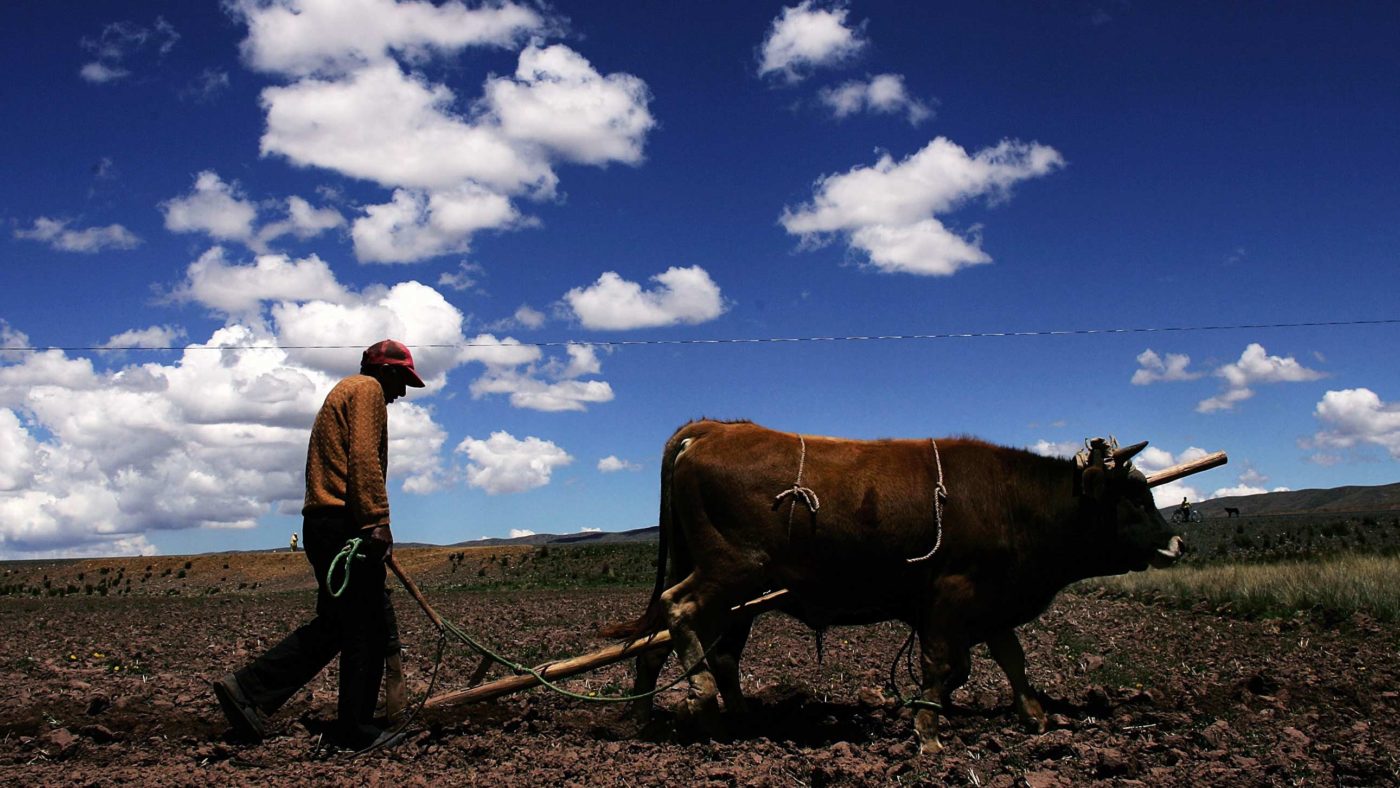It’s a constant source of joy, what the Observer manages to worry about. Our latest giggle at their expense is over their concern about something economists have been saying for some centuries now: inequality in income or wealth is caused by differences in productivity. The newspaper’s worry was provoked by an interesting paper that was trying to estimate past wealth inequality.
The researchers used a reasonable enough, if not entirely perfect, measurement method: comparing the relative sizes of houses. It is not a great stretch to think that those with larger ones would be wealthier than those with smaller.
So a look at what immediately post-agricultural revolution people were living in should give you a good estimate of wealth inequality. From our distance of 6,000 – 8,000 years, it’s probably as good as any other method. And the researchers found that inequality was higher than it had been in earlier hunter gatherer societies – not an unexpected result.
It’s the why which is important though. Those who employed the new-fangled draught animals were able to farm more land and better, making themselves richer in the process. At which point, the economists come in: a degree of inequality is what makes the world go around – or at least what makes it advance.
The rise in inequality immediately following the discovery of booze (there’s a significant line of thought that it was gaining the barley to make beer, not bread, that first drove agriculture) was the result of some using the available resources more productively than others. And, as we might put in the modern world, the more productive get richer.
We think this is a good thing. That’s why there’s so much shouting about Britain’s dismal productivity numbers at present. If there’s more output from an increasingly efficient use of resources, more consumption is made possible. And when we see the people over in the next field being able to consume more by whipping cows at the yoke, then we start to whip cows and we too get richer.
The economists reason it thus: firstly, greater productivity leads to inequality; secondly, the increased inequality pushes all to become more productive. Seeing all those Uber techheads in their hot and cold running Ferraris having solved the find a taxi in the rain problem, leads more of us to try to solve other such problems, or even the same one, in a different manner. It is this very difference of outcome, of lifestyle, of those who increase productivity which drives technology and thus living standards forward.
Or as many have put it, inequality is beneficial to us all.
Or rather, understanding how and why inequality arises can lead to it being beneficial, just as it can be a disaster. If that inequality arises as a product of skimming the production of those proving to be more efficient, or even just the forced confiscation of production itself, then that’s not a good idea. For that means that those producing, those more productive, will slow their output and won’t be spurred to improve the techniques. This makes all poorer in general even as some wax fat off what is confiscated.
Economists are well aware of this; they have called it “rent seeking.” The feudal baron who insists that since he’s got all the swords, he should live like a Lord, is doing this. The more he insists that he’ll turn his swords upon the populace if they don’t enable him, the more he is doing so of course.
The union closed shop striking for more pay might not be using arms but they’re rent seeking in just the same manner. So too with barriers to entry into markets, cosmetologist licences in the US, The Knowledge for London cabbies, strict regulation favouring incumbents and so on.
The end result of all of this is that inequality caused by the increased productivity of some can be beneficial, but inequality caused by confiscation is not. Thus,we cannot go around shouting that inequality itself, per se, is either good nor bad. What causes it is the important factor.
This all feeds through into public policy for today. Eliminate, as far as is possible, rent seeking. Then leave those who have got rich from their increased productivity alone, well, alone. For we all become richer over time from the inequality caused by people doing things better and we all become poorer through the confiscation of that extra production. That’s why concentration upon reducing inequality itself is an error, we should be looking at how it happens instead. That way, we’ll all be richer.


